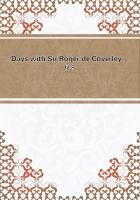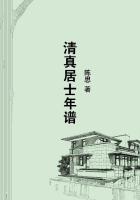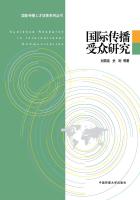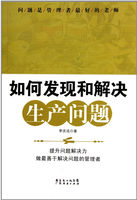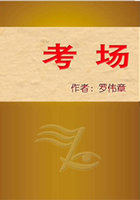At length, in 1772, it was generally felt that Parliament could no longer neglect the affairs of India. The Government was stronger than any which had held power since the breach between Mr. Pitt and the great Whig connection in 1761. No pressing question of domestic or European policy required the attention of public men. There was a short and delusive lull between two tempests. The excitement produced by the Middlesex election was over; the discontents of America did not yet threaten civil war; the financial difficulties of the Company brought on a crisis; the Ministers were forced to take up the subject; and the whole storm, which had long been gathering, now broke at once on the head of Clive.
His situation was indeed singularly unfortunate. He was hated throughout the country, hated at the India House, hated, above all, by those wealthy and powerful servants of the Company, whose rapacity and tyranny he had withstood. He had to bear the double odium of his bad and of his good actions, of every Indian abuse and of every Indian reform. The state of the political world was such that he could count on the support of no powerful connection. The party to which he had belonged, that of George Grenville, had been hostile to the Government, and yet had never cordially united with the other sections of the Opposition, with the little band which still followed the fortunes of Lord Chatham, or with the large and respectable body of which Lord Rockingham was the acknowledged leader. George Grenville was now dead: his followers were scattered; and Clive, unconnected with any of the powerful factions which divided the Parliament, could reckon only on the votes of those members who were returned by himself.
His enemies, particularly those who were the enemies of his virtues, were unscrupulous, ferocious, implacable. Their malevolence aimed at nothing less than the utter ruin of his fame and fortune. They wished to see him expelled from Parliament, to see his spurs chopped off, to see his estate confiscated; and it may be doubted whether even such a result as this would have quenched their thirst for revenge.
Clive's parliamentary tactics resembled his military tactics.
Deserted, surrounded, outnumbered, and with everything at stake, he did not even deign to stand on the defensive, but pushed boldly forward to the attack. At an early stage of the discussions on Indian affairs he rose, and in a long and elaborate speech vindicated himself from a large part of the accusations which had been brought against him. He is said to have produced a great impression on his audience. Lord Chatham, who, now the ghost of his former self, loved to haunt the scene of his glory, was that night under the gallery of the House of Commons, and declared that he had never heard a finer speech. It was subsequently printed under Clive's direction, and, when the fullest allowance has been made for the assistance which he may have obtained from literary friends, proves him to have possessed, not merely strong sense and a manly spirit, but talents both for disquisition and declamation which assiduous culture might have improved into the highest excellence. He confined his defence on this occasion to the measures of his last administration, and succeeded so far that his enemies thenceforth thought it expedient to direct their attacks chiefly against the earlier part of his life.
The earlier part of his life unfortunately presented some assailable points to their hostility. A committee was chosen by ballot to inquire into the affairs of India; and by this committee the whole history of that great revolution which threw down Surajah Dowlah and raised Meer Jaffier was sifted with malignant care. Clive was subjected to the most unsparing examination and cross-examination, and afterwards bitterly complained that he, the Baron of Plassey, had been treated like a sheep-stealer. The boldness and ingenuousness of his replies would alone suffice to show how alien from his nature were the frauds to which, in the course of his Eastern negotiations, he had sometimes descended. He avowed the arts which he had employed to deceive Omichund, and resolutely said that he was not ashamed of them, and that, in the same circumstances, he would again act in the same manner. He admitted that he had received immense sums from Meer Jaffier; but he denied that, in doing so, he had violated any obligation of morality or honour. He laid claim, on the contrary, and not without some reason, to the praise of eminent disinterestedness. He described in vivid language the situation in which his victory had placed him: great princes dependent on his pleasure; an opulent city afraid of being given up to plunder; wealthy bankers bidding against each other for his smiles; vaults piled with gold and jewels thrown open to him alone. "By God, Mr. Chairman," he exclaimed, "at this moment I stand astonished at my own moderation."
The inquiry was so extensive that the Houses rose before it had been completed. It was continued in the following session. When at length the committee had concluded its labours, enlightened and impartial men had little difficulty in making up their minds as to the result. It was clear that Clive had been guilty of some acts which it is impossible to vindicate without attacking the authority of all the most sacred laws which regulate the intercourse of individuals and of states. But it was equally clear that he had displayed great talents, and even great virtues; that he had rendered eminent services both to his country and to the people of India; and that it was in truth not for his dealings with Meer Jaffier, nor for the fraud which he had practised on Omichund, but for his determined resistance to avarice and tyranny, that he was now called in question.


